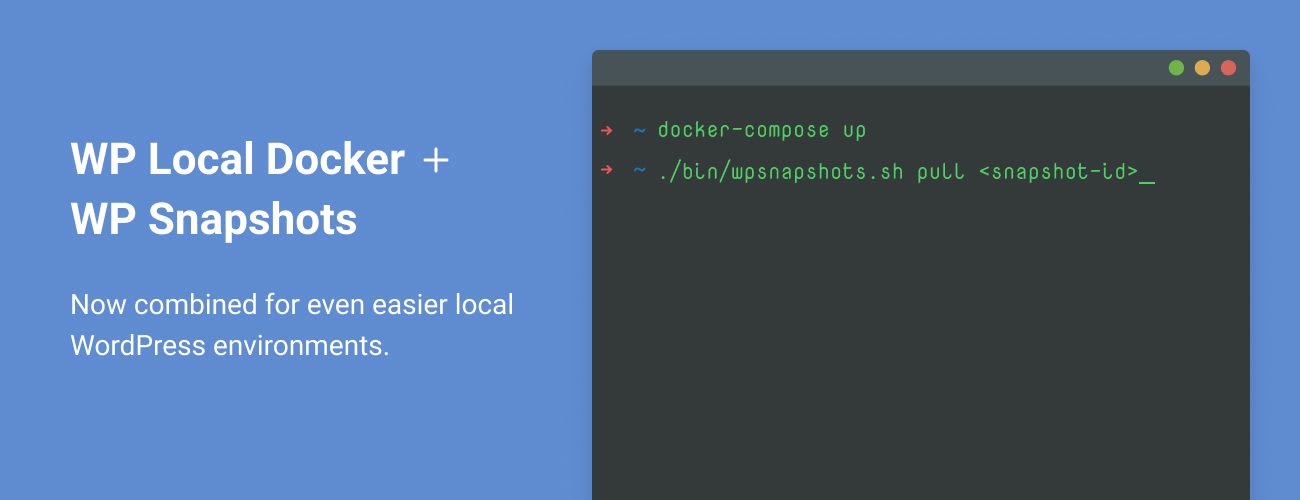10up Releases Insert Special Characters For The New WordPress Editor

Last week, we released Insert Special Characters, a plugin that brings a special characters menu to the new WordPress block editor.
The new WordPress editor (aka Gutenberg) introduced a modern, block-based paradigm for visually authoring content. For all of its advancements, a button to insert special characters was not carried over from the classic editing experience—a feature critical to writers and publishers frequently using mathematical notation or other symbols. Feedback concerning its absence and some client questions inspired our Open Source Practice to take action.
Read More on 10up Releases Insert Special Characters For The New WordPress Editor








